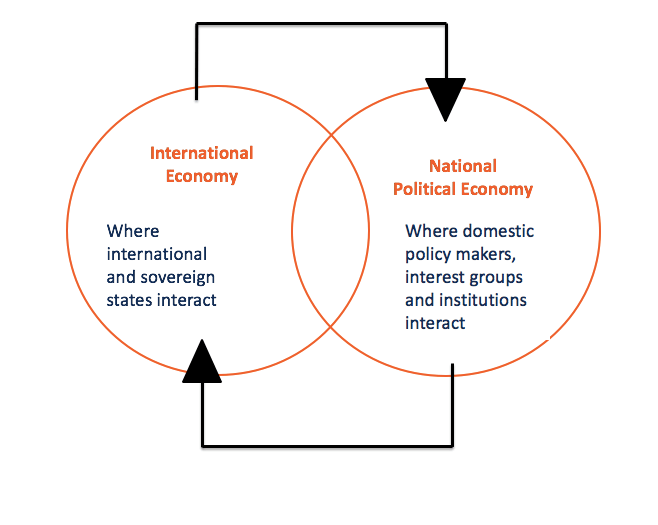
Herein lies the significance of defining it. Thus national interest is the first step in making a foreign policy and in understanding international politics. Johnson and George Bush were convinced that America’s interests were at stake in the historical Vietnam War and Gulf War, respectively.

Joseph Stalin destroyed or displaced Russian farmers and other anti-Soviet elements by the millions in the name of the Soviet Union interest. Adolf Hitler justified his expansionist policies, including a mindless multi-front war, in the name of Germany’s national interest. Later, he mounted a last desperate battle at Waterloo. Napoleon said he was acting in France’s interest when he initiated the Russian campaign. For example, Coulombs and Wolfe narrate: Alcibiades said he was acting in ancient Athens’ interest when he recommended so fervently that the Athenians launched what turned out to be the disastrous Sicilian expedition during the Peloponnesian War. From time immemorial, leaders of states justify their actions in the name of the national interest. Notwithstanding its vagueness, the notion of national interest is central to any attempt at describing, explaining, predicting, prescribing, and understanding international behavior. Contemporary controversies on foreign policy usually come out of these ambiguities and not only from the different ideas about the substance of the national interest. It can be used polemically in political arguments to explain, rationalize, or criticize. It can also be utilized operationally in the execution of the actual policies and programs followed.


National interest may explain the aspirations of the state. This concept is highly vague and difficult to define.Īccording to Frankel, ambiguity is caused by the different usage of the concept in different contexts. But it is not easy to determine exactly what a nation’s national interest is. It is the purpose of foreign policy to conduct foreign relations to achieve national interest to the maximum extent. While formulating foreign policy, all statesmen are guided by their respective national interests. It is the key concept in foreign policy as it provides the material based on which foreign policy is made. National interest is the most crucial concept in international relations.


 0 kommentar(er)
0 kommentar(er)
